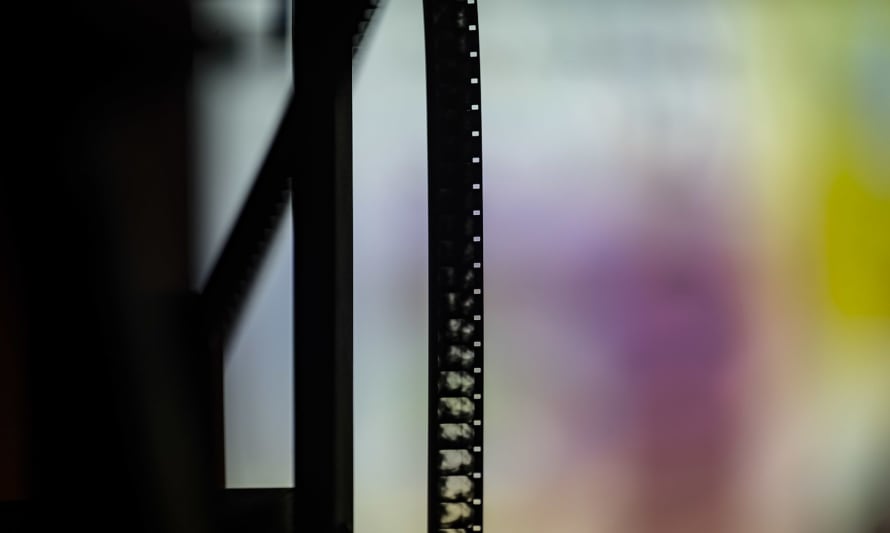
Taking A Moment
Around this time two years ago everyone at Flatpack was having a good long look at themselves, as people and as a predominantly white organisation. Like many others in the arts I think we had got used to seeing ourselves as being on the right 'team' when it came to racism. What we learnt in summer 2020 was that we weren't doing anywhere near enough, that good intentions and sporadic actions will have no impact on something so embedded.
As a white cis male who grew up in the countryside, I remembered my sole Black friend and attempted to replay our school years through his eyes. I thought about the experience of Black colleagues expected to market a largely white programme, or of Black artists playing to a largely white audience. I tried to imagine what it would be like to have to be constantly modifying my behaviour, soothing ruffled feathers, reassuring, explaining, while navigating barriers and expectations that I am able to ignore. And being a reader, I read. The two pieces which really hit me that summer were This Work isn't For Us by Jemma Desai, and My Journey in our Struggle by Nathaniel Tobias Coleman. Because they came from my sector and my city respectively, and because of the way they mix eloquent fury with intellectual curiosity, the personal with the political.
It was clear that all of this is personal, and of course I was in danger of taking it personally. Look out for the tight stomach and the dry throat at the slightest thought of being challenged, the instant resort to defensiveness. As a team we tried to steer our way between two poles. 1) Check yourself - be aware of imbalances in power, and listen. 2) Get over yourself - rather than fretting or self-flagellating, what are you actually going to do about this? We were very lucky, because the territory had been mapped out for us. In October 2020 a group of West Midlands creatives working under the banner of More than a Moment published research, a set of provocations and a pledge for arts organisations to sign up to. The headings within the pledge - including Governance & Leadership, Organisational Culture, Programming & Audiences - are helpful tools in embarking on this kind of work. The key takeaways for us: that all of this stuff is connected, and cannot be addressed in isolation; that concrete actions are required, in some cases rethinking budgets; and that transparency and accountability are crucial.
While acknowledging that everything is connected, as a small team we also had to accept that we weren't going to be able to tackle everything at once. Areas where we feel we've made some progress in the medium term include:
A complete overhaul of our recruitment processes. Confronting just how much bias lurks in the traditional CV / application / interview format, and adopting an anonymised, standardised approach which focusses on skills and aptitudes. This in turn led to an 30% increase in applicants from under-represented groups going to interview. We'll post more info about this on the blog over the summer, and if you're interested in trying something similar we'd be happy to chat about it (or take a look at some resources we found useful here).
Rethinking how we programme. Most notably, our new open call scheme sparked loads of new conversations with curators and producers we might not have spoken to otherwise, and created space in the schedule for different voices which in turn attracted different audiences.
Wellbeing in the workplace. After some honest conversations about workload and office culture, it was clear that we needed to think radically in this area. This has led to us signing up for a UK trial exploring the benefits of a 32-hour working week, and generally prioritising an approach to work that is smart, healthy and inclusive.
Diversifying our board of trustees. This has been aided significantly by the learnings from our recruitment overhaul. It's not about 'finding a Black board member', but refreshing your notion of who a trustee is and what they do, and ensuring that we have the right mix of skills and lived experience to help steer us as an organisation.
Working with communities. This is an area of our work that has grown significantly since the pandemic, particularly in relation to outdoor events and family programming. The main focus for us has been to make long-term commitments to particular parts of the city, and to work as an enabler - how can we address local needs and create opportunities?
All of the above can be applied more broadly in the context of equity and diversity, but it has been important that we also keep returning to the original impetus and aims of More than a Moment.
There are many areas where we could be doing better. Communication for one. This is a key priority for 2022/23 - developing the Values section of our website and being more open about the work we're doing - stumbles made, lessons learnt, as well as openly communicating data and policies. We also need to work on connecting everything up into a holistic, long term plan. We plan to introduce a development position on our board, build in better support for freelancers, and change the way we programme through developing and enhancing our open call.
You can take a look at our Action Plan priorities for 2022-23 at the link below.
And feel free to get in touch if you want any more information about anything mentioned above.
